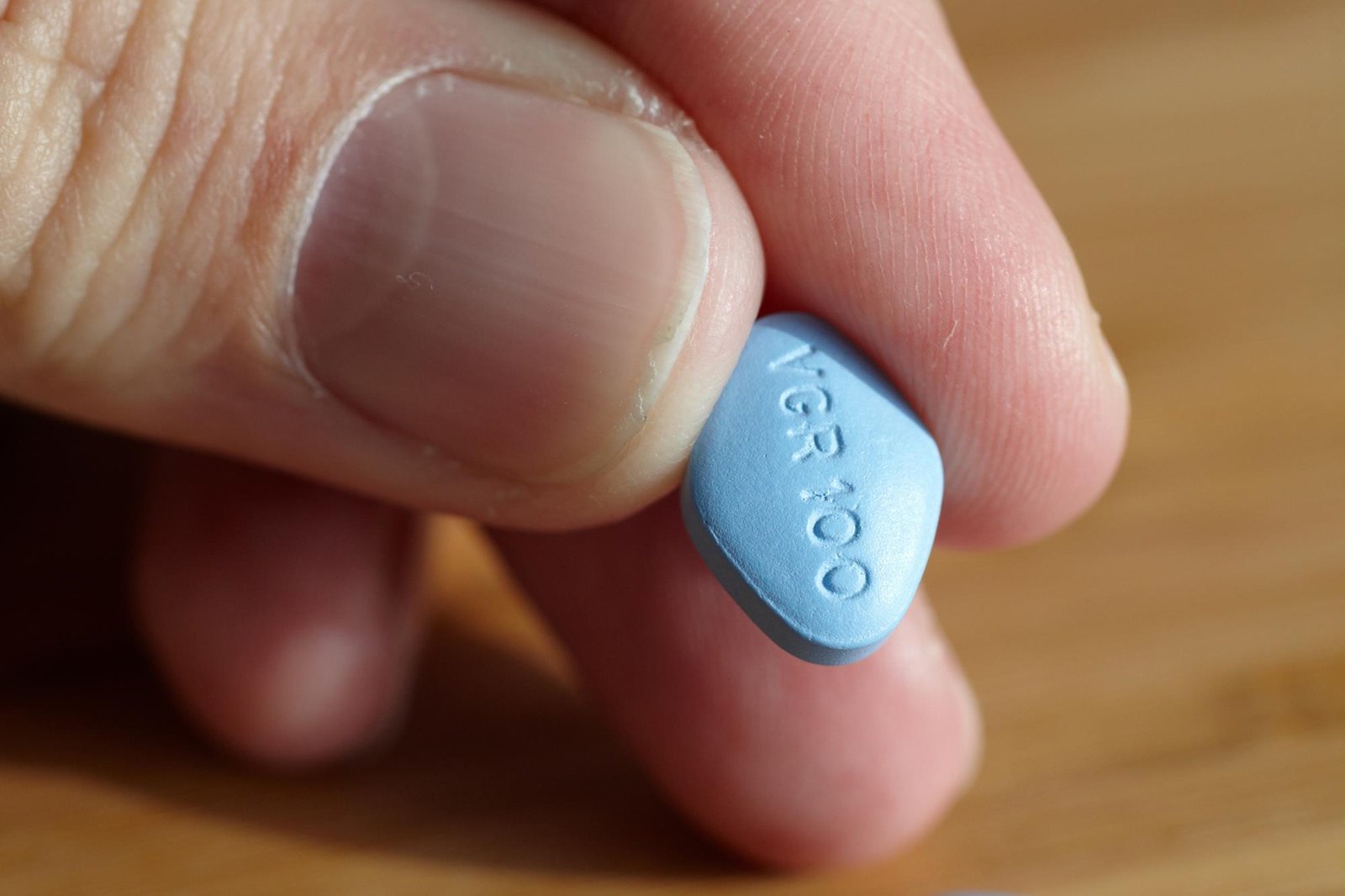Heart health is closely tied to what we eat. The saying “you are what you eat” really hits home here. Choosing the right foods is key to avoiding plaque buildup in your arteries. This buildup can lead to serious heart problems.
Knowing which foods are bad for your arteries is the first step to protecting your heart. We’ll explore the worst foods for your arteries. This will help you avoid foods that can harm your heart health.
Introduction to Arterial Health
The circulatory system is key to our health. It makes sure oxygen and nutrients reach all parts of our body. The health of our arteries is especially important, as they carry oxygenated blood from the heart to the rest of us. Understanding how to clear heart blockage without surgery is crucial for maintaining a healthy cardiovascular system.
Arterial plaque buildup is a big threat to our arteries. It can block blood flow and lead to heart problems. This happens when high cholesterol levels cause fatty deposits to build up in the artery walls.
The endothelium, a thin layer of cells, is vital for blood flow. Damage to it, often from high cholesterol, can harm our arteries. This increases the risk of heart disease.
Preventing heart disease starts with healthy choices. Eating right and exercising regularly can help. These actions keep our endothelium healthy, prevent plaque buildup, and keep our circulatory system working well.
Trans Fats and Their Impact
Trans fats, also known as trans fatty acids, are bad for your health. They are found in hydrogenated oils, used in many processed foods. These oils are made by adding hydrogen to liquid vegetable oils, making them solid at room temperature.
Trans fats can raise LDL cholesterol levels, which is bad for your heart. LDL cholesterol can clog arteries, leading to serious heart problems. Eating trans fats also lowers HDL cholesterol, the good kind. This combination increases the risk of heart disease and other heart issues.
Now, food labels must show if they contain trans fats. This helps you choose better foods. But, trans fats are still in many foods, like baked goods and fried snacks. Always check the labels to avoid these fats and protect your heart.
Saturated Fats: What You Need to Know
Saturated fats are often talked about in terms of heart health. They are mainly found in animal products like red meat and full-fat dairy. Eating too much of these fats can increase the risk of heart problems. The American Heart Association (AHA) suggests eating less saturated fat to keep your heart healthy.
Eating a lot of saturated fats, especially from red meat and full-fat dairy, can raise your LDL cholesterol. This can increase your risk of heart disease. Cutting down on saturated fats helps follow AHA guidelines and keeps your arteries healthy.
It’s important to balance your diet to reduce saturated fats and focus on healthier fats. Knowing how saturated fats in red meat and full-fat dairy affect your heart is key to staying healthy.
Worst Foods for Your Arteries
Keeping your arteries healthy is key to avoiding heart disease and other heart problems. Eating too much fried food, fast food, and processed snacks can harm your arteries. These foods cause inflammation and plaque buildup, which can block blood flow.
Fried foods, made with oils high in trans fats, are bad for your arteries. Eating fried chicken, French fries, and other fried items can be risky. Fast food, while convenient, often has lots of saturated fats, sugars, and sodium. These ingredients damage artery walls and cause inflammation.
Research shows that an unhealthy diet can make atherosclerosis worse. This condition narrows arteries, threatening heart health. But, changing your diet can help. Eating baked or grilled foods instead of fried, and choosing whole grains and lean proteins over fast food, can greatly improve artery health.
Adding heart-healthy foods like fruits, vegetables, nuts, and fish to your diet can help. These foods can reduce the harm from unhealthy eating. They also boost your heart’s health overall. If lifestyle changes aren’t enough, the best hospital in Jaipur, like CKS Hospital, offers treatments that can further support artery health.
High-Sodium Foods and Blood Pressure
Too much salt in our diet can lead to high blood pressure. High blood pressure is bad for our blood vessels because it makes the heart work too hard. This can damage the arteries over time. Foods with a lot of sodium increase this risk.
Many studies show that eating less salt is good for our health. Lowering salt intake reduces the pressure on our arteries. This helps keep our blood vessels healthy. By choosing foods with less sodium, we can help keep our blood pressure in check and lower the risk of heart problems.
Refined Carbohydrates and Sugar
Refined carbs and added sugars can harm our endocrine system. They cause blood sugar levels to spike quickly. This makes the pancreas work hard to produce more insulin.
But, over time, our cells may stop responding to insulin well. This is called insulin resistance. It messes with our metabolism and raises the risk of Type 2 diabetes.
Foods with a high glycemic index, like white bread and sugary snacks, are bad news. They make blood sugar levels jump up and down. On the other hand, foods with a low glycemic index release glucose slowly. This keeps energy levels steady and improves metabolic health.
So, eating unprocessed foods and whole grains can help. It reduces the harm from refined carbs and sugars.
Processed foods often hide sugars and refined carbs. This can hurt our metabolism and lead to insulin resistance. So, it’s smart to pick low-glycemic foods. This helps control blood sugar and keeps our arteries healthy.
Processed Meats: A Closer Look
Processed meats like sausages, bacon, and ham have raised health concerns. They often contain nitrates, which add flavor and extend shelf life. Yet, they come with health risks.
Research shows a link between cured meats and higher cancer risk. Nitrates in these products can turn into harmful substances in our bodies. This increases the risk of cancer and heart problems.
Following a heart-healthy diet means cutting down on processed meats. Experts advise to eat them less or avoid them. Choosing natural proteins and a balanced diet can lower risks from nitrates and cured meats.
Knowing the health risks of processed meats is key to making better food choices. A heart-healthy diet, guided by good advice, can help avoid these dangers.
Conclusion
Making healthier food choices is key to keeping our hearts in top shape. We must avoid trans fats, saturated fats, high-sodium foods, refined carbs, and processed meats. This knowledge helps us make better food choices, leading to a healthier heart and better overall health.
Changing our lifestyle by eating less bad food and more good food helps our arteries. Regular health checks also help catch heart problems early. By being proactive, we can live longer and healthier lives.
Improving our heart health is a big job, but it’s doable. It involves making smart food choices, changing our lifestyle, and keeping an eye on our health. By doing these things, we can keep our arteries clear and our bodies strong. Let’s use this knowledge to make our hearts healthier for the future.











